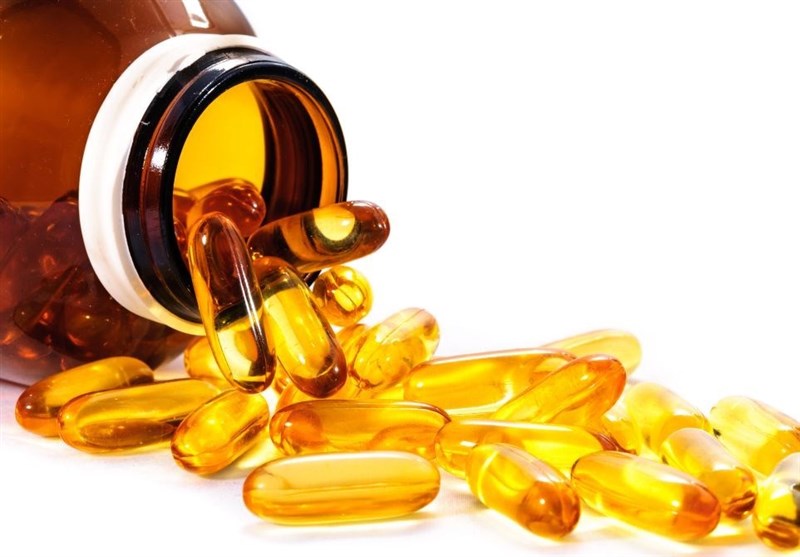Vitamin D, also referred to as the sunshine vitamin, is increasingly more difficult to obtain from sun exposure. The increase in the number of people working in offices today has drastically reduced access to direct sunlight. The strict confinement measures worldwide to slow down the spread of SARS-CoV-2 can only have worsened this situation.
Vitamin D deficiency has been found to be associated with dental implant failure and complications, and mounting evidence is suggesting that inadequate vitamin D levels in the blood could play a major role in SARS-CoV-2 susceptibility and outcomes.
Vitamin D supports the immune system and is instrumental in development of healthy bone and muscles and strengthening of tooth enamel. Yet, according to an article published by the National Center for Biotechnology Information earlier this year, approximately one billion people worldwide have vitamin D deficiency, and 50% of the global population has vitamin D insufficiency.
The role of vitamin D deficiency in SARS-CoV-2 infection
Vitamin D has been shown to have a beneficial impact in preventing infection with bacterial and viral diseases. In a recent study conducted by University Hospitals Birmingham NHS Foundation Trust in the UK, researchers analysed blood samples from 392 healthcare workers who were recruited in May 2020, testing them for the presence of SARS-CoV-2 antibodies and establishing the concentration of vitamin D in their blood.
They found that 15.6% of the participants infected with SARS-CoV-2 were deficient in vitamin D. Additionally, those who were deficient in vitamin D tended to report body ache, pain and fever, but not the respiratory symptoms associated with COVID-19, such as breathlessness or a continuous cough.
The findings also suggested an increase in the development of detectable SARS-CoV-2 antibodies in 72% of the healthcare workers with vitamin D deficiency compared with 51% without a deficiency. Given these results, the researchers concluded that lower vitamin D levels in participants could have increased their susceptibility to the virus.
“Understanding whether treating vitamin D deficiency changes COVID-19 risk could be of great importance locally, nationally and globally,”
“Vitamin D is important to the function of the immune system and vitamin D supplements have previously been shown to lower the risk of viral respiratory tract infections,” commented lead author Dr David Meltzer, Fanny L. Pritzker Professor of Medicine at the University of Chicago Medicine, in a press release. “Our statistical analysis suggests this may be true for the COVID-19 infection.”
Taking vitamin D supplementation—is it necessary?
Expert in senior care pharmacy practice, Dr William Simonson from the College of Pharmacy at Oregon State University in Corvallis in the US noted in a recent article that, as SARS-CoV-2 is a new virus, the link between vitamin D and SARS-CoV-2 prevention is still highly speculative, as is the case with other treatments. However, he believes that there is “sound reasoning behind this speculation”.
Wednesday, Nov 25, 2020
Content source:
Please Check out file at the following link
Control of Nosocomial Infections
Moderna’s Vaccine Candidate Against COVID-19


